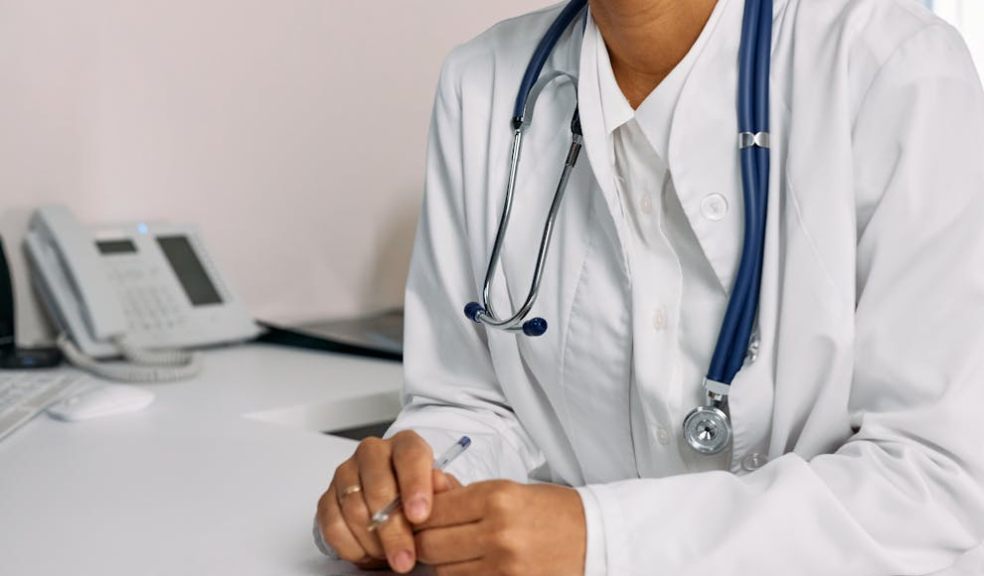
The Essential Services Provided by Your Local GP
Your local general practitioner (GP) plays a pivotal role in maintaining and improving community health. Often the first point of contact within the healthcare system, GPs offer a range of essential services that can greatly impact your overall well-being. This blog explores the key services provided by your local GP and highlights why they are an indispensable part of your health care.
Comprehensive Health Assessments
One of the core services provided by GPs is comprehensive health assessments. During these assessments, GPs evaluate your overall health, review your medical history and perform physical examinations. These assessments help in identifying potential health issues before they become serious problems. Routine check-ups, such as blood pressure monitoring, cholesterol checks and diabetes screening, are integral to preventive care and early diagnosis. Your local GP offers essential services such as an online GP consultation, which provides convenient access to medical advice and care from the comfort of your home.
Management of Chronic Conditions
Chronic conditions such as diabetes, hypertension and asthma require ongoing management to prevent complications and ensure a good quality of life. Your GP is crucial in managing these conditions through regular monitoring, medication management and lifestyle advice. They create personalised care plans that address your specific needs, making adjustments as required to optimise your health outcomes.
Acute Illness and Injury Care
When you experience sudden illness or injury, your GP provides immediate and effective care. Whether it's a bout of flu, a minor injury or a sudden onset of symptoms, your GP can diagnose and treat a wide array of conditions. They also offer guidance on when to seek specialist care or emergency services if necessary.
Preventive Care and Vaccinations
Preventive care is a cornerstone of GP services. This includes providing vaccinations to protect against diseases like influenza, measles and hepatitis. Your GP also offers counselling on lifestyle changes that can prevent health issues, such as smoking cessation programmes, dietary advice and exercise recommendations. Preventive care helps in reducing the risk of developing serious health conditions in the future.
Health Education and Counselling
GPs are not just healthcare providers; they are also educators. They offer valuable health education and counselling to help you make informed decisions about your health. This might include advice on managing stress, understanding treatment options or navigating complex health conditions. By providing this support, GPs empower you to take an active role in your own health care.
Coordination of Specialist Care
In cases where specialised treatment is needed, your GP acts as a coordinator of care. They refer you to appropriate specialists, ensure that your treatment plan is followed and communicate with other healthcare providers to ensure that all aspects of your care are integrated. This coordination helps in maintaining continuity of care and ensures that your health needs are comprehensively addressed.
Family and Community Health
GPs often serve entire families and communities, making them well-placed to provide holistic care. They understand the specific health needs of different age groups, from children to the elderly, and offer services tailored to these needs. This includes everything from paediatric care to geriatric management.
Conclusion
The essential services provided by your local GP are fundamental to maintaining and enhancing your health. From comprehensive health assessments and chronic disease management to preventive care and health education, GPs offer a wide range of services designed to support your well-being. By understanding and utilising these services, you can ensure that you receive the best possible care for yourself and your family.













